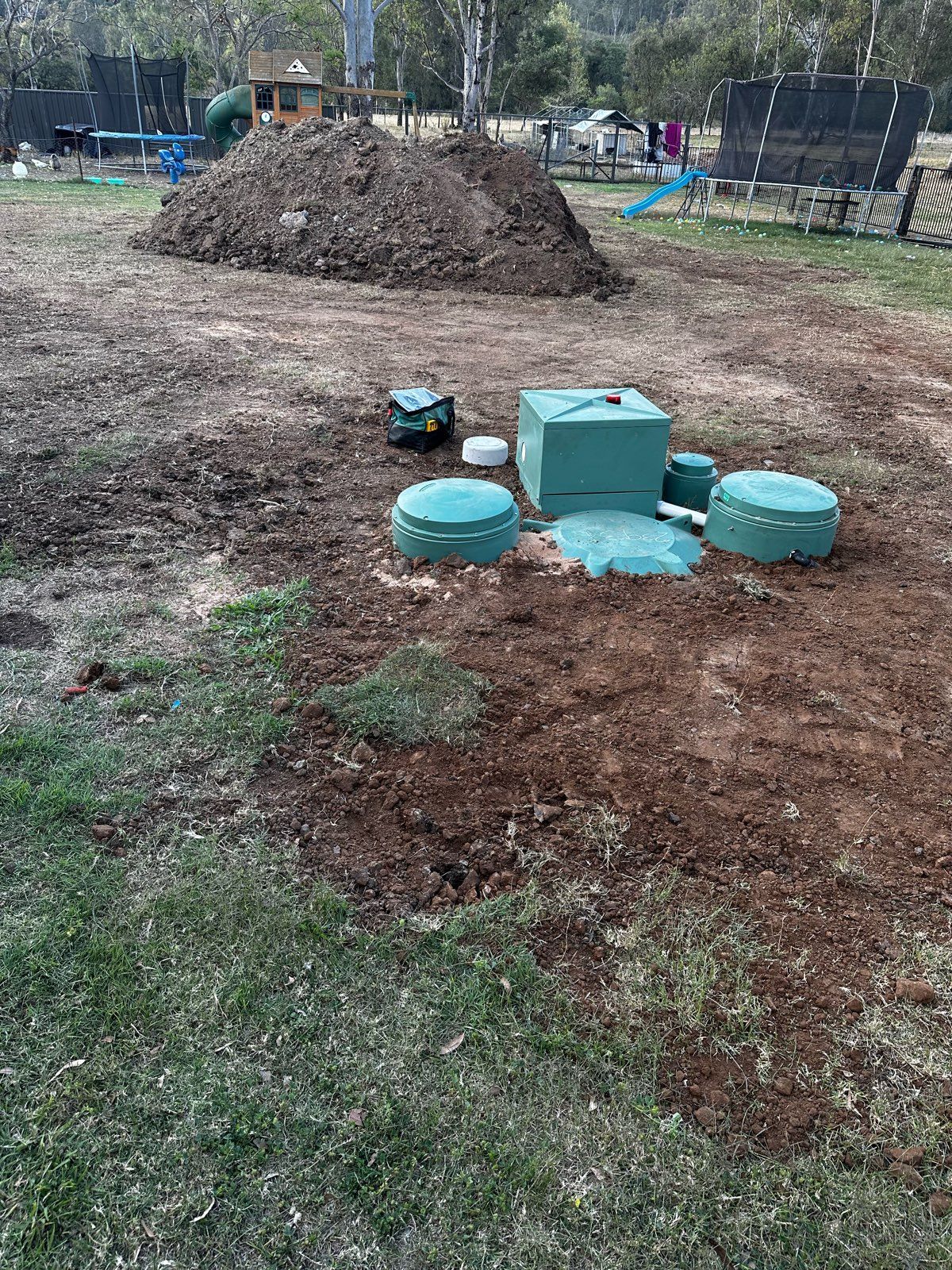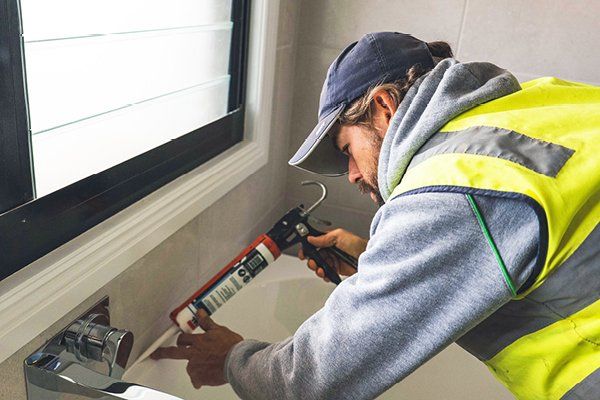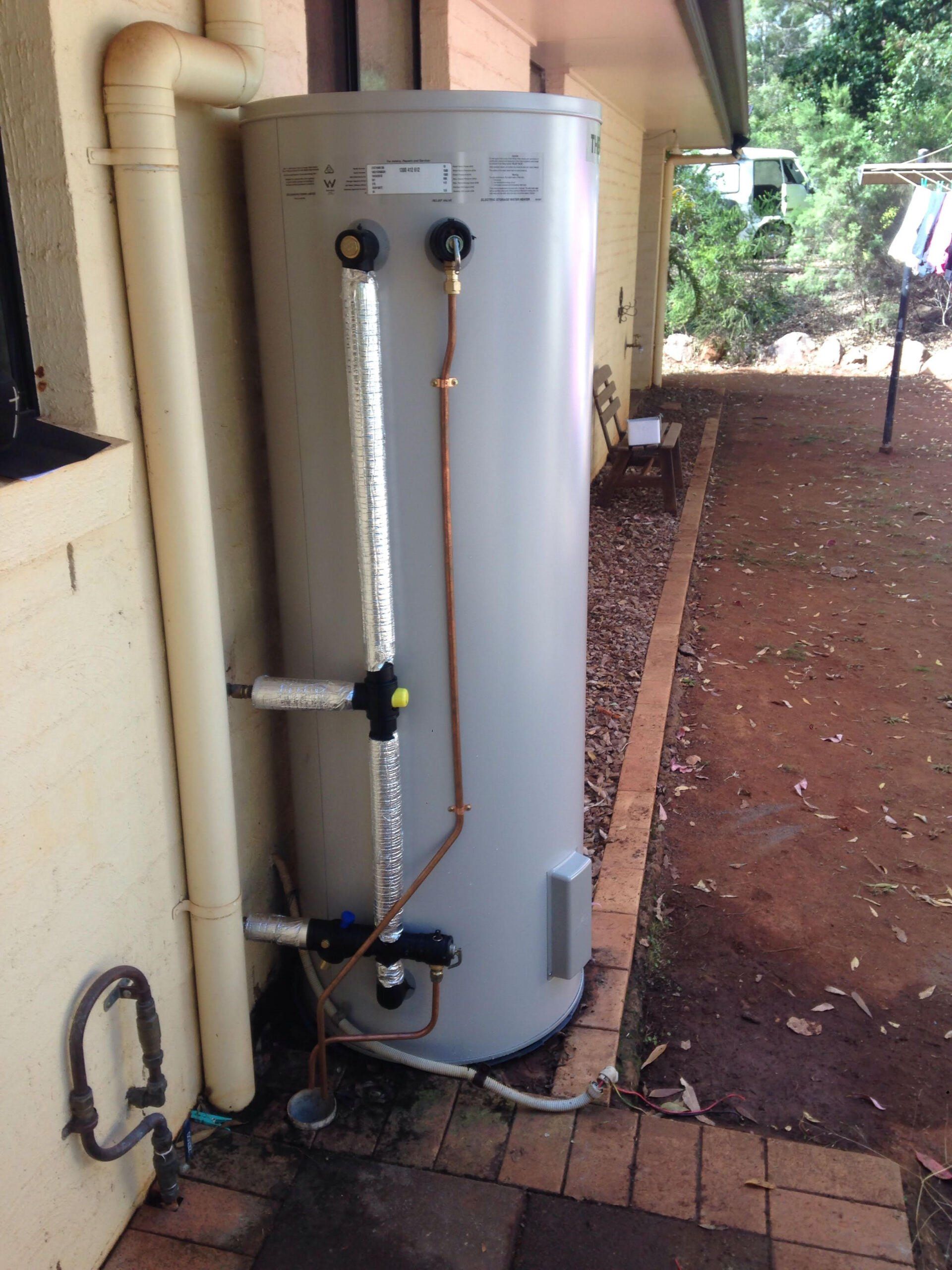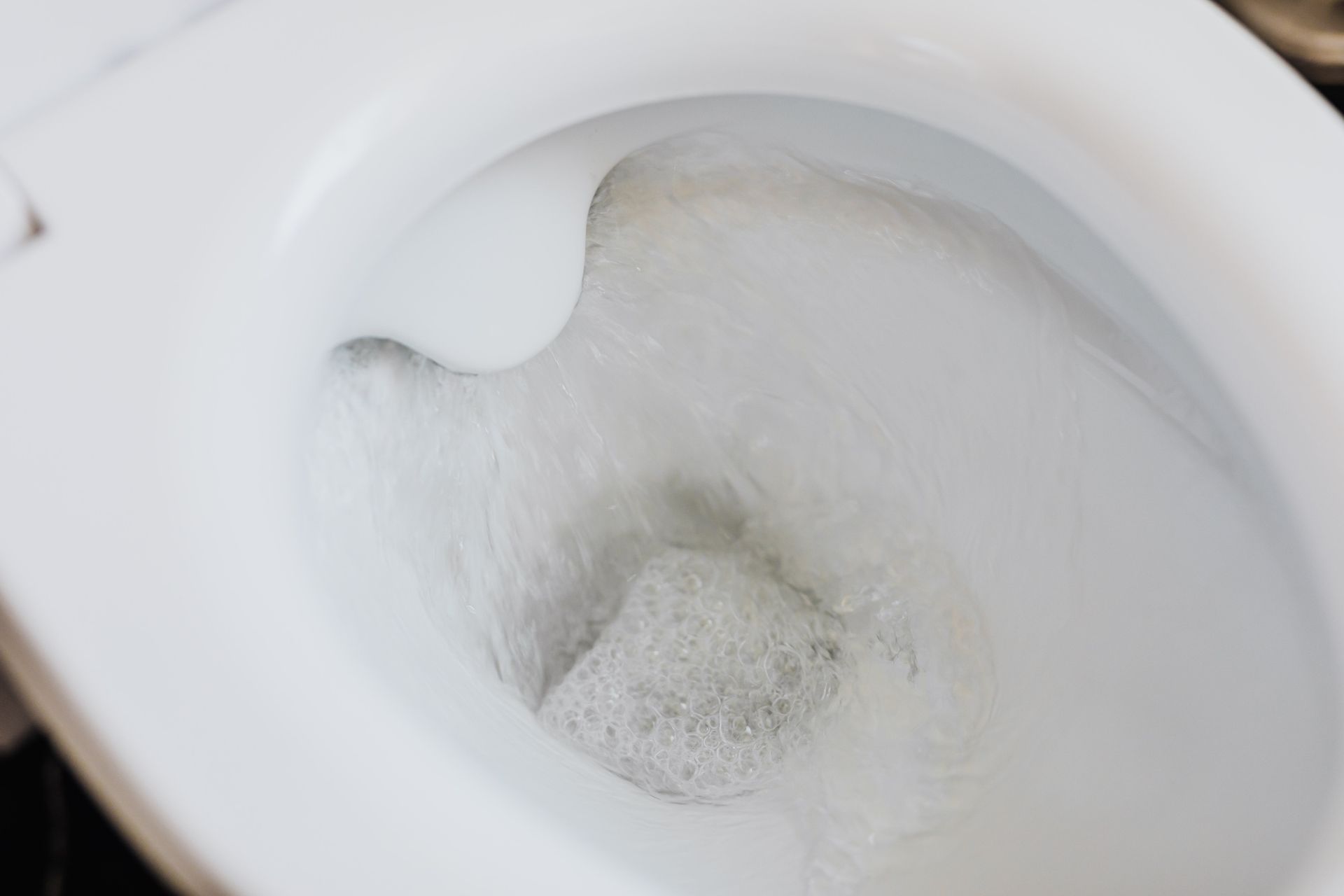Embracing the Future: Heat Pump Hot Water Systems vs. Traditional Gas and Electric Systems
As the world continues to prioritise sustainability and energy efficiency, innovations in various industries are emerging to address these concerns. One area of focus is the realm of hot water systems, where heat pump technology has gained significant attention. In this blog post, we'll delve into the benefits of heat pump hot water systems compared to traditional gas and electric systems. Moreover, we'll highlight the advantages of making this switch, especially in the context of the Queensland Government's incentive to install energy-efficient systems.
The Rise of Heat Pump Hot Water Systems
Heat pump technology is revolutionising the way we heat water for domestic use. Unlike traditional systems that rely on direct heating methods, heat pump hot water systems work on the principles of heat transfer. These systems extract heat from the surrounding air and transfer it to the water, making them highly energy-efficient alternatives.
Energy Efficiency:
One of the most compelling reasons to opt for a heat pump hot water system is its remarkable energy efficiency. Traditional gas and electric systems generate heat by burning fuel or using resistive heating elements, both of which can be inefficient and costly in the long run. Heat pumps, on the other hand, consume significantly less energy as they leverage existing heat from the environment. This can lead to substantial reductions in energy bills and overall household carbon footprint.
Lower Operating Costs:
Heat pump hot water systems consistently outperform their traditional counterparts when it comes to operating costs. With their minimal energy consumption, these systems can potentially cut hot water expenses by up to 65%. The long-term cost savings are particularly noteworthy, especially considering the rising costs of electricity and gas.
Environmental Impact:
The environmental benefits of heat pump hot water systems cannot be overstated. By utilising ambient air heat, they drastically reduce greenhouse gas emissions compared to gas and electric systems. This aligns perfectly with global efforts to combat climate change. As a result, making the switch to heat pumps contributes directly to a more sustainable future.
Safety and Convenience:
Heat pump systems eliminate the need for flammable gases or open flames, ensuring safety for both households and the environment. Additionally, heat pumps require minimal maintenance, making them highly convenient for homeowners.
The Queensland Government Incentive: Seizing the Opportunity
The Queensland Government's recent initiative to provide incentives for installing 4-star (or higher) rated hot water systems is a golden opportunity for homeowners to transition to more energy-efficient options. Starting from the 4th of September 2023, this program presents several compelling reasons to make the switch; you can learn more about the QLD Government incentive
here.
Financial Benefits:
Under the incentive program, eligible households can receive up to $1000 towards the installation of an energy-efficient hot water system. This financial boost significantly offsets the initial investment required for a heat pump system, making it a financially attractive option.
Reduced Environmental Impact:
The government's incentive program aligns perfectly with the state's commitment to environmental sustainability. By promoting the adoption of energy-efficient technologies, including heat pump hot water systems, Queensland aims to decrease energy consumption and decrease carbon emissions.
Long-Term Savings:
Beyond the initial incentive, homeowners can look forward to substantial long-term savings through reduced energy bills. Heat pump systems' efficiency ensures that households continue to benefit financially even after the incentive period.
Comparing Heat Pump Systems to Traditional Systems
Let's take a closer look at how heat pump hot water systems stack up against traditional gas and electric systems.
Efficiency:
Heat pumps are known for their remarkable efficiency, producing up to three times more energy than they consume. Traditional gas and electric systems, while effective, lose efficiency due to their reliance on direct heating methods.
Consistency:
Heat pump systems provide a consistent supply of hot water regardless of external weather conditions. Traditional systems may struggle during extreme cold or peak usage times.
Installation and Maintenance:
Heat pump systems are relatively easy to install and require minimal maintenance. In contrast, gas systems involve more complex installation due to gas line requirements, and electric systems might need more frequent maintenance due to their resistive heating elements.
Space Consideration:
Heat pump systems are compact and can be installed in various locations, both indoor and outdoor. Traditional systems may require more space due to their components and venting needs.
Environmental Impact:
Heat pump systems have a significantly lower environmental impact compared to traditional gas and electric systems, as they rely on renewable energy sources rather than burning fossil fuels.
As the world shifts towards sustainable living, heat pump hot water systems have emerged as a frontrunner in the race to energy efficiency. Their innovative technology, which harnesses ambient air heat, offers numerous benefits over traditional gas and electric systems. With the Queensland Government's generous incentive program in place, there's never been a better time for homeowners to make the switch. By seizing this opportunity, households can not only enjoy immediate financial assistance but also contribute to a greener, more energy-efficient future for Queensland and beyond. If you would like to discuss the benefits and cost of replacing your existing hot water system with an energy efficient heat pump system, or assistance to choose the best heat pump system to suit your needs, please give us a call on
0439 648 390.
EXPLORE MORE










